Thinking about selling your home to an investor? You’re not alone. Many homeowners are discovering that selling a house to an investor can be a smart alternative to the traditional real estate market. Whether you’re facing a tight timeline, relocation, dealing with a property that needs work, or simply want to skip the stress of showings and repairs, selling an investor might be a good fit for you.
Let’s walk through everything you need to know about selling your home to an investor, so you can make the best decision for your particular situation.
What does selling your house to an investor mean?
When you’re selling your home to an investor, you’re working with an individual or company that wants to purchase your property as a business investment rather than as a place to live. Investors approach the transaction with profit in mind, unlike traditional homebuyers who fall in love with a kitchen backsplash or envision their family in the backyard. An investor may plan to renovate and resell your home, rent it out for income, or hold it until its value appreciates.
The process typically moves quickly and is more straightforward than a traditional home sale. Here are the typical steps:
- Research potential investors and contact them to express interest
- Meet with them for an initial consultation
- Receive an offer based on a property evaluation
- Negotiate the terms
- Complete due diligence
- Close the sale
When should you sell a house to an investor?
Selling your home to an investor makes the most sense in specific situations. Here are the most common situations:
- You need to sell urgently within days or weeks rather than months.
- Your home is in poor condition, requiring extensive repairs, or has structural issues and code violations that make traditional financing difficult.
- You’re facing financial distress or foreclosure.
- You are dealing with an inherited out-of-state property.
- You’re buying and selling simultaneously.
- You are selling an occupied rental property.
- You simply cannot afford home preparation costs.
- You want to avoid the hassle of the traditional home sale process.
The advantages of selling a house to an investor
Quick and flexible closing is often the biggest draw. While traditional sales can take 3-4 months from listing to closing, investors typically close in just 7-30 days. Even better, you often get to choose your closing date to match your schedule. Some investors even offer post-sale occupancy agreements, letting you rent back the property temporarily if you need extra time.
Selling as-is without repairs saves you both money and stress. You won’t need to invest in costly renovations, stage your home, or deep clean before showings. With investors, you skip all that and avoid repair negotiations after inspections.
Convenience and certainty make the process smooth. Since investors pay cash, you won’t face financing contingencies or appraisal issues that can derail traditional sales. There’s no parade of strangers walking through your home for showings, and the streamlined process means fewer surprises along the way.
Perfect for specific situations like facing foreclosure, inheriting an unwanted property, relocating for a job, dividing assets in a divorce, or selling a rental with tenants. If your home needs major repairs you can’t afford or doesn’t qualify for traditional financing, selling your home to an investor becomes an especially attractive solution.
Cons of selling your home to an investor
Below-market-value offers are standard in investor home sales. Most investors offer between 50-70% of your home’s market value because they need profit margins for their business model. You’ll also miss out on emotional buyers who might pay premium prices because they envision making memories in your home. Post-inspection price drops are also common, so that initial offer might decrease.
Less transparency and control can feel uncomfortable for some sellers. You may never know the actual buyer’s identity, especially with online companies or investment groups. The transaction feels more impersonal, and you won’t know whether your home becomes a rental, gets flipped, or even demolished. This uncertainty may be challenging if you have emotional ties to your property.
Potential for scams should be considered when thinking about selling your home to an investor. Some unscrupulous investors use fake cash offers, false cashier’s checks, or high-pressure tactics to take advantage of desperate sellers. Wholesaling fraud happens when “investors” promise to buy your home but don’t actually have funds, leaving you in limbo. Without proper vetting, you could find yourself locked into unfavorable contract terms.
Other considerations include the possibility of delays with foreign investors, lack of agent advocacy to guide you, and working with a limited pool of buyers rather than competing offers that drive up price.
How much will an investor pay for your house?
Most offers fall between 50-70% of your home’s after-repair value, though this varies significantly by investor type. Typically buy-and-hold investors and iBuyers will pay more, with wholesale investors usually offering the lowest offers.
House flippers typically use the 70% rule in their calculations. Buy-and-hold investors might offer closer to your asking price since they profit through rental income over time. iBuyers generally provide offers closest to market value.
Your final offer depends on your property’s condition, location, needed repairs, and which type of investor you work with. When comparing offers, remember to calculate net proceeds rather than just face value. Factor in the money you’re saving on agent commissions, repairs, staging, and prep work to get the true picture.
Types of home investors you might encounter
Set realistic expectations for your investor home sale by understanding your future buyer:
Buy-and-hold investors purchase properties for long-term rental income and appreciation. They typically look for single-family homes or condos in growing neighborhoods that are in good condition and ready to rent.
House flippers use a buy-low, sell-high strategy. They actively seek properties needing repairs because they can renovate efficiently and resell for profit. Most flippers follow the “70% rule,” offering no more than 70% of your home’s after-repair value minus the cost of repairs.
Wholesale investors act as middlemen, buying properties well below market value and quickly reselling them to other investors without making any improvements. They move fast but typically offer the lowest prices.
iBuyers are technology-driven companies that make instant cash offers online. They prefer homes in good condition and charge convenience fees, but their offers tend to be closer to market value than other investor types.
How to vet a legitimate investor and avoid scams
Protecting yourself is crucial when selling your home to an investor. Here are a handful of methods to vet potential investors:
- Verify credentials and check for proper business registration or licensing.
- Look for a professional website and active social media presence.
- Read reviews on Google, Yelp, and the Better Business Bureau before proceeding.
- Request proof of funds through bank statements showing liquid assets that exceed your home’s purchase price.
- Ask for references and documentation of recent purchases.
- Getting multiple offers is one of your best protections. Aim for at least three quotes to compare.
- Always use a licensed title or escrow company for transactions, and never release funds directly to the buyer.
- Watch for red flags like high-pressure tactics, rushed signings, or investors putting down less than 10%.
- When in doubt, consult with a real estate professional or attorney who can review offers and contracts objectively.
Selling to an investor vs traditional sale: Key comparison
| Investor | Traditional Sale | |
| Timeline | Close in 7-30 days | 30-120+ days |
| Price | Below market | At or above market |
| Home Condition | Any | Good repair and staged for buyers |
| Finance | Cash with no contingencies | Requires mortgage approval |
| Commission | None | 3-6% plus closing costs |
| Sale Certainty | High | Lower |
Is selling your house to an investor right for you?
Ask yourself these five questions.
-
- How urgently do you need to sell? If you can wait 3-4 months, the traditional homebuying process might work.
- What is your property’s condition? Assess repair needs honestly.
- How much money do you have for preparations? Calculate whether prep costs exceed the value they’d add.
- How does this fit your moving plans? Determine if you need quick liquidity for your next purchase.
- Are you available for the traditional sales process, or do time constraints and distance make that impractical?
Make your home-selling decision with confidence
Selling a house to an investor offers remarkable speed and convenience, though typically at a lower price than traditional sales. This approach is ideal for urgent situations, as-is properties, inherited homes, and financial distress scenarios.
Your next steps are clear: gather multiple offers, verify each investor’s legitimacy thoroughly, and calculate your true net proceeds, including saved costs. Consider consulting with a real estate agent who can provide objective guidance, even if you ultimately choose an investor sale.
Remember, there’s no single “right” answer. Weigh your priorities carefully. If maximizing speed and minimizing stress matter more than getting the absolute highest price, an investor home sale could be your perfect solution. Trust your instincts, do your homework, and choose the path that aligns best with your needs and goals.
The post Selling Your House to an Investor: The Complete Guide to a Fast, Hassle-Free Home Sale appeared first on Redfin | Real Estate Tips for Home Buying, Selling & More.





Join The Discussion